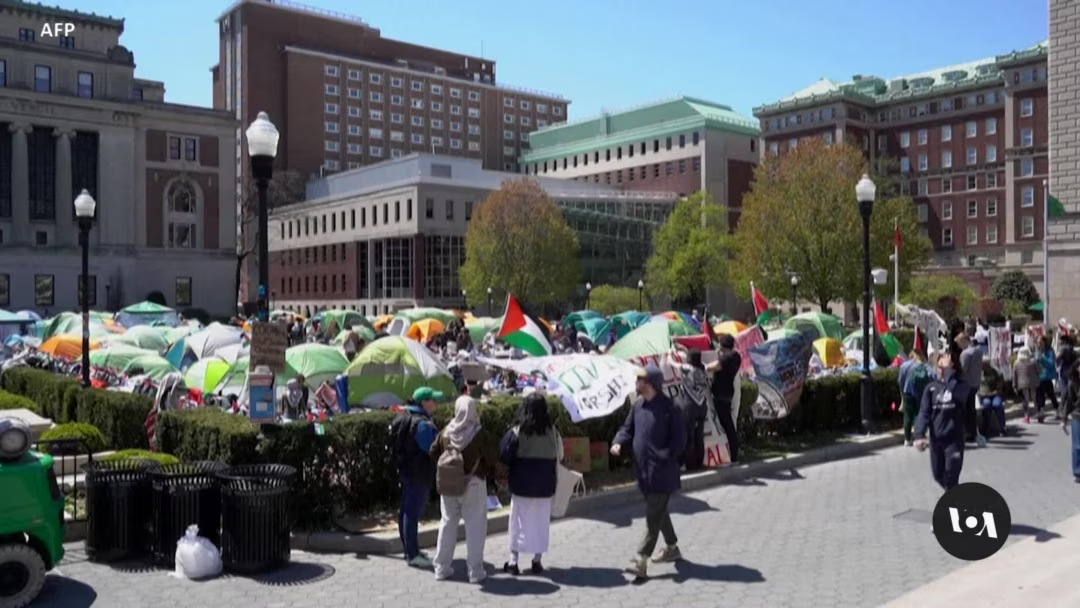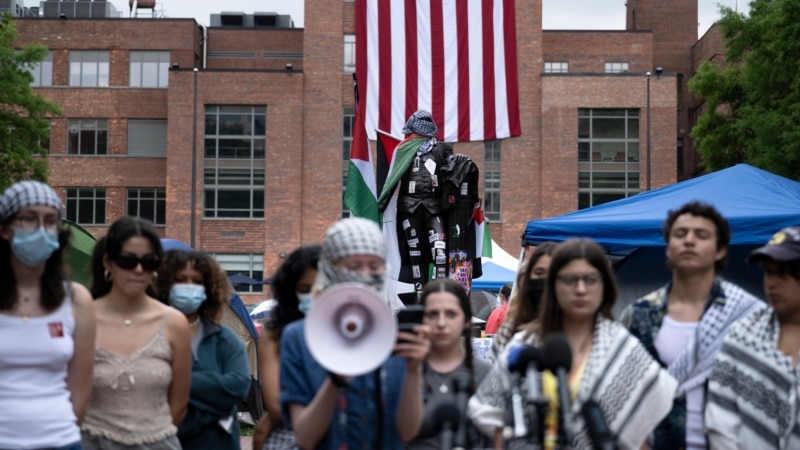In recent weeks, protests against Israel’s actions in the Gaza Strip have surged on U.S. college campuses, resulting in thousands of arrests as police dismantle encampments and detain demonstrators across the nation. This crackdown has sparked debate over the delicate balance between the constitutional rights to criticize the government and assemble for protests, as well as the legal constraints on such activities.
While the First Amendment of the U.S. Constitution guarantees freedom of speech and assembly, these rights are not absolute. Over time, federal courts have established legal boundaries, particularly regarding the “time, place, and manner” of speech. Despite this, protest movements, historically and presently, have often engaged in civil disobedience, knowingly violating these restrictions to convey their messages.
Protesters across various states demonstrating against the Gaza conflict have faced charges such as trespassing and unlawful assembly, potentially leading to jail time, legal proceedings, and disciplinary actions from universities for student protesters. The legal repercussions can vary widely, from minor fines to serious felonies, depending on the circumstances of the protest and the response of law enforcement.

Gaza Protesters Deal with Speech Limits and Legal Trouble (Credits: VOA News)
Although the First Amendment constrains government actions, it does not apply to private institutions. Public universities are bound by the First Amendment to regulate protests, while private universities can establish their own speech guidelines. However, these regulations must be content-neutral and reasonable, focusing on the time, place, or manner of protests rather than suppressing specific messages.
Civil liberties advocates have criticized certain enforcement actions, such as Texas Governor Greg Abbott’s preemptive prohibition of a pro-Palestinian protest at the University of Texas, arguing that it violates free speech rights. The impact of arrests extends beyond legal consequences, affecting protesters’ jobs, education, and financial stability, especially for those unable to afford bail.
Ultimately, the ongoing clash between protesters exercising their constitutional rights and authorities enforcing legal boundaries underscores the complex interplay between free speech, public order, and individual liberties in the United States.























